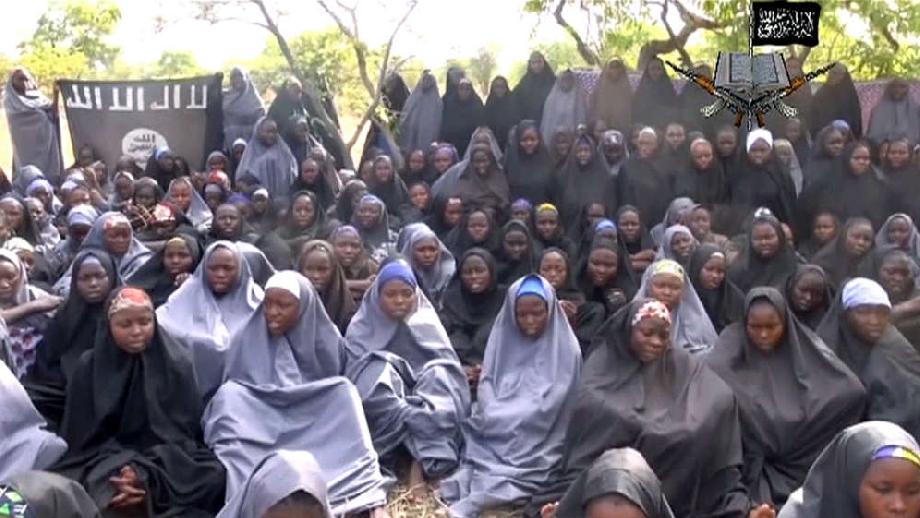
Members of Bring Back Our Girls group are calling on the Nigerian government to be more intentional about rescuing the Chibok girls still in captivity.
The group made the demand at a sit-out organised to commemorate the 8th anniversary of the kidnap of 276 girls by the terrorist group Boko Haram from the Government Girls Secondary School in Chibok, Borno State.
Some of the girls managed to escape on their own, while others were later rescued or freed following negotiations.
But the group says more than 100 girls are yet to regain freedom, eight years after.
One of the BBOG organisers, Habiba Balogun is urging the federal government to seek international collaboration in rescuing the kidnapped girls.
Ms. Balogun expressed worry that the girls have been forgotten by the government.
“We don’t want the government to believe what people say that the girls don’t want to come back.
“Do your duty to bring them back, if they want to return to the condition that we know.
“Nobody will want to be in at Sambisa Forest when they can be free as citizens of Nigeria.
“But they (Federal government) should bring them back and reunite them with their families.
“That is the duty of government to these girls and that’s what we are still demanding from them.
“Eight years is too long and we are not going to give up. Hope endures and we are not going to give up. Those girls must come back,” she said.
One of the Chibok girls who was later released by the kidnappers paints a horrific picture of life in captivity.
“Honestly I can’t reveal some of the conditions and what they (Boko Haram) put us through in their camp because they make all the girls pay for it when things like that are revealed.
“We had such a case when I was still in captivity. I don’t want to put my sisters in trouble through my words.
“The government should please do something about rescuing them, I want my sisters back because that place is not easy to stay and I always feel for them,” Grace Dauda said.
Even though Grace was released two years after her abduction, she is still constantly plagued by thoughts of the condition of the other girls in captivity.
“I feel very bad whenever my mind drifts and I think of them.
“I am currently studying at a university but I am traumatised whenever I think of what they may be going through.”
Meanwhile, a former president of the Nigeria Network of NGOs, Yemisi Ransome-Kuti wants members of the public to show more responsibility in the upbringing of their children.
Ransome-Kuti says brainwashing and exploitation of youths for crime purposes can be minimized if they are properly shaped from childhood.
She noted that most of the Boko Haram fighters are brainwashed youths used by persons to perpetuate crime in Nigeria.
“Every one of us has a responsibility not to have children if you don’t have the capacity to discipline them, to train, to give them the environment that will ensure that they turn out to be productive citizens.
“Every one of us now has to look inwards to look in our neighborhood, our communities, our churches to see how we can work together to provide an environment where our young people have the support that they need.
“Those who may have unlawful tendencies will be handed over to the police.”


